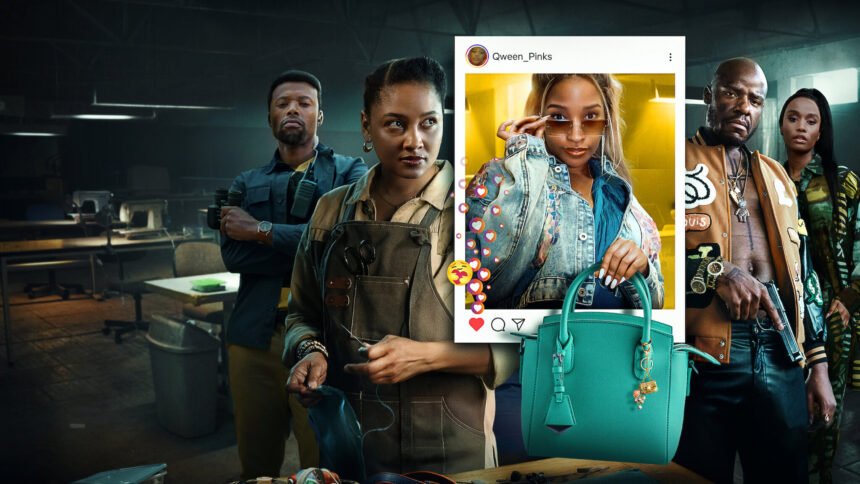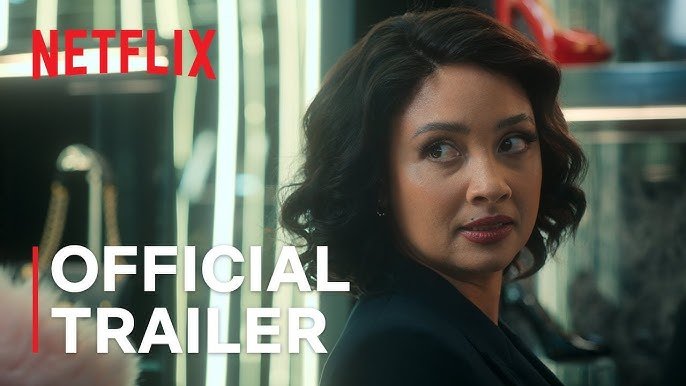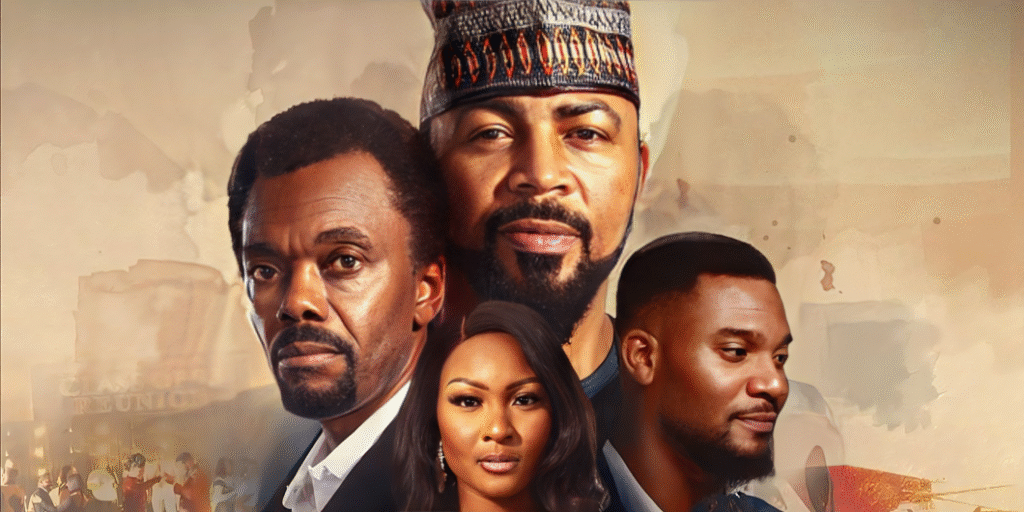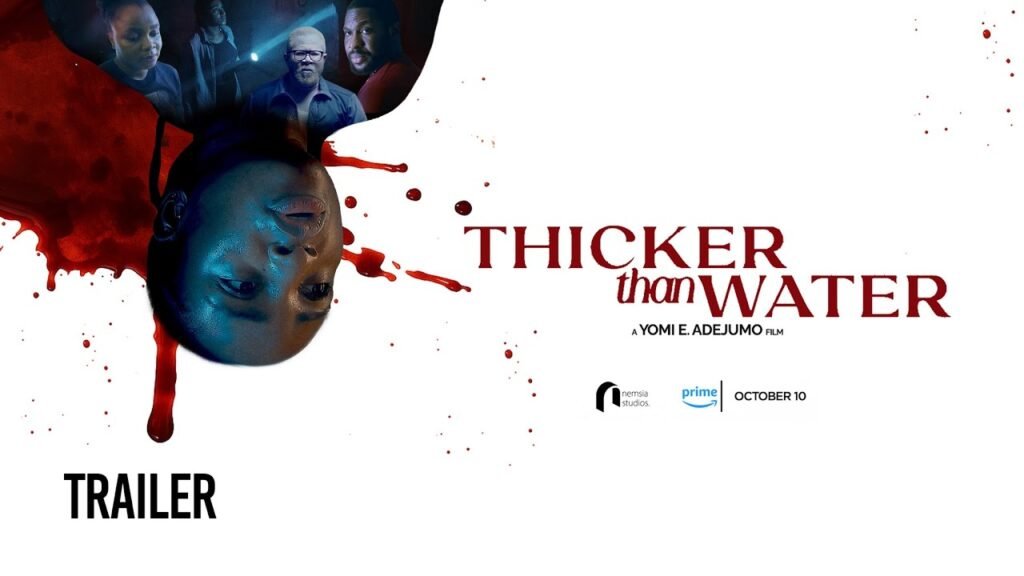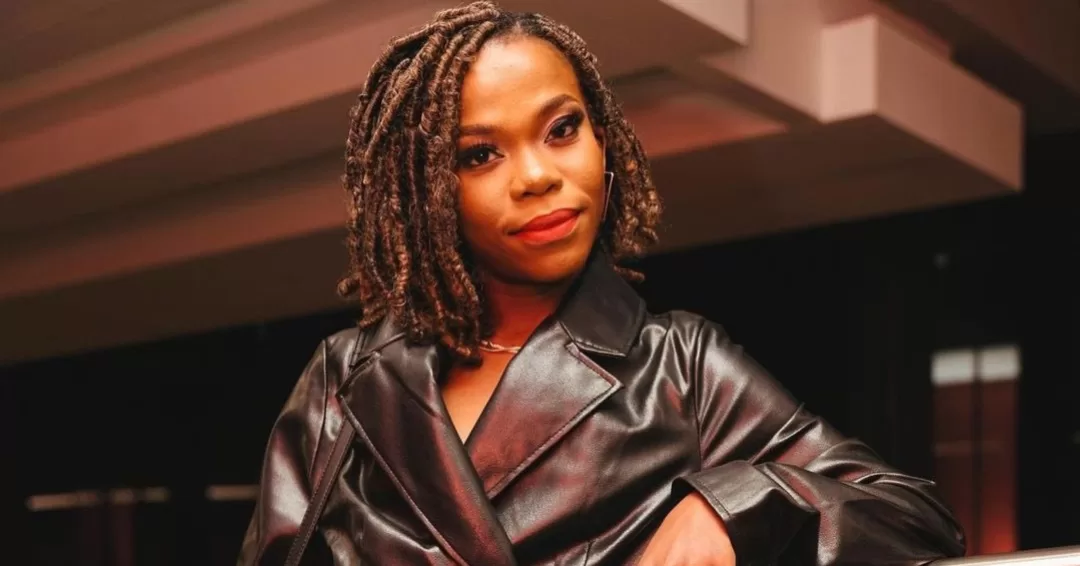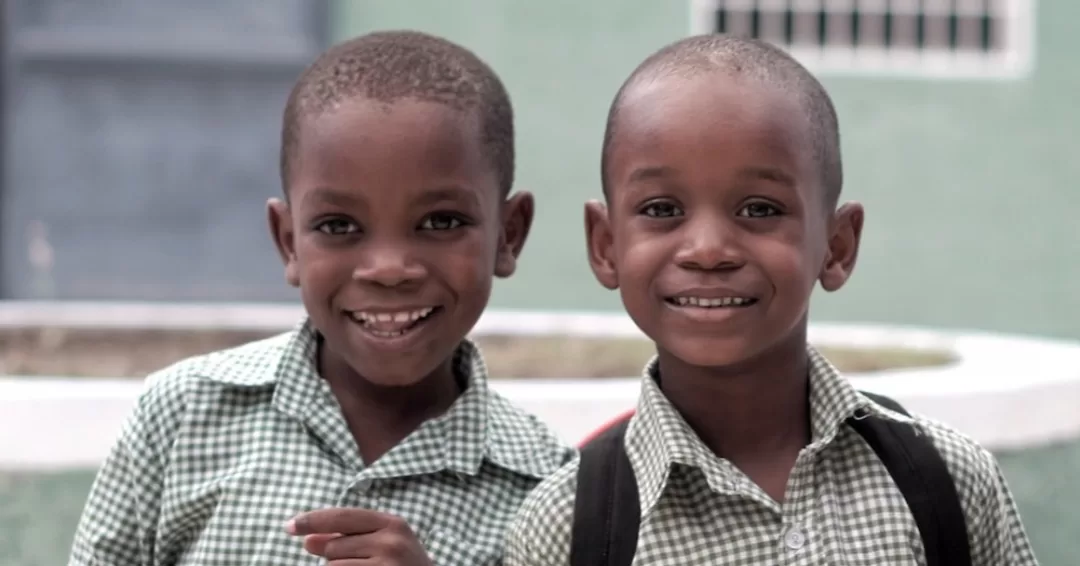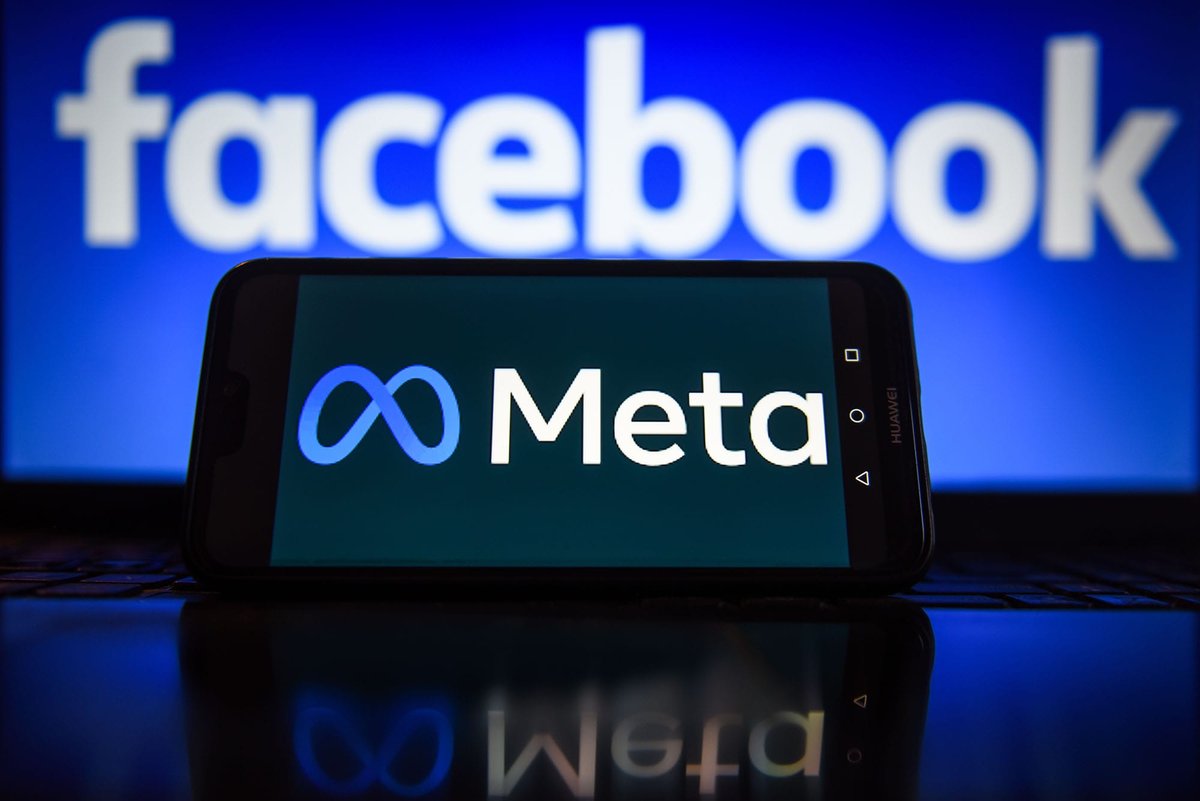The streaming spotlight turns to Johannesburg with Bad Influencer, a South African crime‑thriller that rides the wave of luxury, social media and unscrupulous ambition. At its core: BK, a single mum with charm and desperation who moonlights as a luxury bag counterfeiter. She crosses paths with Pinky, a wannabe influencer chasing fame via freebies and followers. Together, they engineer a fake‑bag empire, but in the world of counterfeit glam, the price of success comes with bullets, betrayals and big bosses.
Directed by Keitumetse Qhali “Director Kit” (and backed by executive producers), this Netflix drop pairs a luxury‑bag counterfeiter with an influencer chasing validation, and things go off the rails in style.
Plot
The movie opens with BK in a high-end luxury store, trying to purchase a Louis Vuitton bag. She’s dressed to impress, with lashes, nails, and an outfit on point looking like a soft life queen. While at the store, she encounters Pinky, a popular social media influencer. Pinky is there to return a bag, but the store attendants tell her the bag is fake. BK confirms this, pointing out why it’s counterfeit. A heated back-and-forth follows between the two women.
Despite Pinky’s glamorous persona, the encounter exposes a different reality for both women. Immediately after, we see BK strip off the glam – lashes, wig, and nails – revealing her real, simple self. She’s not who she pretends to be. BK is a skilled bag-maker who crafts high-quality fake designer bags using premium materials, then sells them discreetly to a niche market, including wealthy clients like “Real Housewives of Johannesburg” types.
BK’s reason? Survival. She has an autistic son, Leo, who’s currently in a public school with little support. She dreams of transferring him to a specialised school that costs 250,000 rand. She’s desperate and trying to hustle her way there.
One day, her network gets compromised. A sting operation seizes most of her stock. She manages to escape with just one bag. Now in trouble, she owes money to Bekhi and Joyce, two street-level creditors and has only 24 hours to repay them.
With time ticking, she reaches out to Pinky. They’re not exactly friends, but Pinky has the reach. BK proposes a “decluttering” post, a ruse to sell the remaining fake bag. Pinky, though bruised by her recent fallout with her sugar daddy, Mandla (who gave her the original fake bag), agrees after some convincing.
Pinky’s world is messy, too. She’s no A-list influencer. She floats in that middle tier, surviving off sponsorships and blessers. Mandla, her main “sponsor”, has just cut her off after embarrassing her with a fake gift. When she confronts him, he throws her out, declaring he’s done with her lifestyle.
Back to the plot, the bag sells. Fast. Within 24 hours, they raised 30,000 rand to pay back Bekhi. It shocks Bekhi. The speed, the profit – it’s addicting. He’s hooked and wants in on something bigger.
Bekhi links them up with Alex, a flamboyant, smooth-talking operator. He wears head-to-toe fake designer gear. BK proposes a production line; she makes it, and he distributes it. He agrees. He’s desperate too; he owes a bigger boss, Bad Flames, 4 million rand.
Meanwhile, BK meets Themba, Leo’s new science tutor. They bond over Leo’s love for space and astronomy. Themba is patient, kind, and emotionally available. BK lets her guard down. They fall for each other. What she eventually came to know is that Themba is an undercover special ops officer investigating counterfeit syndicates. He’s tracking Alex. Themba is unknowingly sleeping with the enemy.
As BK and Pinky’s hustle rises, Pinky gains more fame. Her following explodes. But with growth comes envy. Naomi, a fellow influencer, starts plotting against her. She suspects something is off.
Tension escalates when Alex discovers BK is romantically linked to Themba, the cop. He flips. He captures both BK and Pinky, holding them hostage. BK lies to save them, saying she’s willing to work directly for him, claiming her relationship with Themba was just a cover.
The police catch up. They arrest both women. At this moment, Leo lands in the hospital, in a coma, after being caught in the crossfire when assassins attempt to kill Themba.
In jail, BK is offered a deal. Work as a mole for the police, or face 10 years in prison. She chooses survival again. She agrees to spy on Alex and Flames from the inside.
The grand plan? A luxury influencer auction party, a front to move a hundred fake designer bags. Influencers would post the bags as “detoxing” from consumerism, creating artificial demand. BK and Pinky oversee production. They rake in 5 million rand in less than a night.
But the plan isn’t over. The goal is to trap Alex with the cash, then intercept him. Except Alex is not stupid. He begins to suspect he’s being played.
Now it’s a game of time, trust, betrayal and who’s going to fall first.
Cast
BK, played by Jo-Anne Reyneke, absolutely owned this role. She brought the rawness and authenticity that the movie needed, effortlessly carrying the entire film. Her costume, mannerisms, and delivery; everything was on point. She never overacted or went off-character. Every scene she appeared in was intentional and perfectly delivered. Her performance was consistent and deeply grounded.
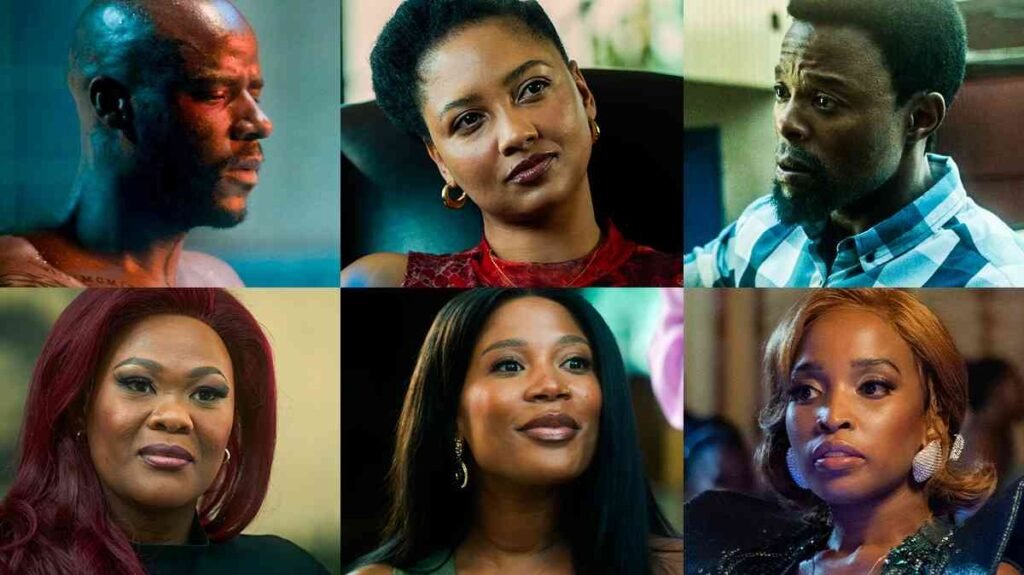
Cindy Mahlangu, who played Pinky, also surprised us. This was a refreshing departure from the calm roles she’s typically known for. She brought energy and subtle spice to her performance in a way that felt both deserved and natural. The pairing of Jo-Anne and Mahlangu was simply perfect for the roles they played.
The standout moment that truly showcased their acting brilliance was the jail scene while Leo was in the hospital. The rawness, the fight, the emotion, and the tears were peak performance. That scene alone deserves to be studied in acting and cinema circles.
Supporting cast like Mpilo Shabalala and Thapelo Mokoena also delivered solid performances. And Leo’s character is phenomenal. He hinted subtly at possible autism with his eye contact, restrained emotion, and physicality. It was believable and deeply moving. Kamohelo Pule was a star; he lit up the screen, and you just wanted to see more of him. Other supporting cast also include Vincent Mahlape-Sekuba, Zozibini Tunzi and many others.
Language
Bad Influencer featured Zulu, Xhosa, Afrikaans, and other South African languages, richly layered and authentic.
Final take
Bad Influencer is bold, fast, and dangerously fun. It reminds you how easily fake can pass for luxury and how quick wins can spiral into chaos. It’s messy in parts, but its ambition and attitude make it worth watching. Just don’t expect all the seams to be invisible.
Bad Influencer struts in with style, and it knows it. From the sharp costume design to a well-picked cast, the film nails the aesthetic. The pacing keeps you hooked, while the grounded storytelling, especially around class, hustle, and desperation, makes the glossy chaos feel real. It’s tasteful, sharp, and impressively well-made.
But if there’s a wobble in the heel, it’s the title. Bad Influencer makes it sound like Pinky is the central danger, but by the final episode, there’s a masked figure hinting at a wider, darker world. The narrative isn’t just about her, and the title undersells that layered tension.
Another eyebrow-raiser? BK’s arc. What began as a desperate mother trying to raise money for her son’s education slowly morphed into something… greedier. As her choices got darker, so did her motivations. At some point, it wasn’t just about Leo anymore; it was about power. And the film doesn’t always make that shift feel earned.
Where the film loses grip is in its later criminal twists. Convenient plot turns, abrupt character shifts, and a confused moral tone start to creep in. One moment, it’s a critique of influencer culture. The next, a full-blown crime thriller. It doesn’t always stick the landing between the two.







